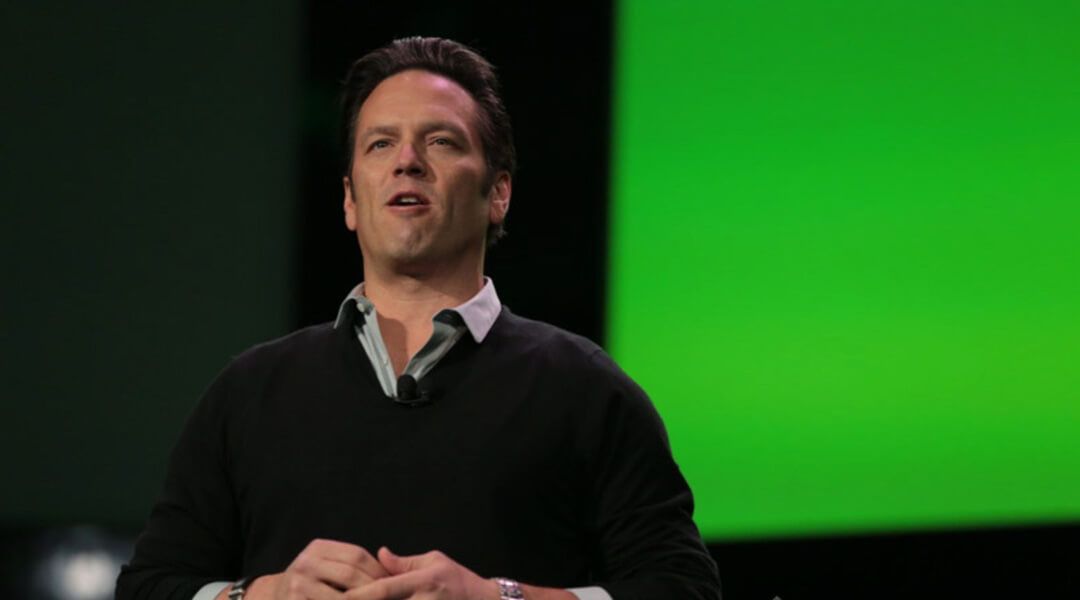Xbox boss Phil Spencer suggests that eSports could eventually be "as big as regular sports," with the fact that anyone can start playing a game being a big factor.
The eSports industry is on track to rake in $1.9 billion (in annual revenue) by 2018, only furthered by big names such as Activision (which recently purchased Major League Gaming) and former NBA player Shaquille O’Neal (who recently began sponsoring a League of Legends team) also getting involved. Moreover, eSports events continue to sell out stadiums and draw in millions upon millions of viewers online. The question now appears to be ‘is there a limit to eSports’ growth?’
According to Xbox boss Phil Spencer, “eSports is going to be as big as regular sports.” Spencer points to “the number of people who play games,” “the different platforms people are playing on” and “the money that's pouring in,” as key contributing factors in the platform's potential growth.
Moreover, Spencer suggests eSports accessibility will help it flourish, noting that “anybody can play a game.” The Xbox boss adds that “there's no cap to what eSports can become” also pointing out that “unlike any other sport, you just sit down, grab a controller, and start playing games and build your skills.”
While it could be some time before eSports reach the revenues of non-electronic sports (the NFL makes at least $9 billion a year; the NBA makes $5 billion), moves are being made to bring the industry in line with its physical counterparts. For example, following one Counter-Strike: Global Offensive pro player’s admission of using performance enhancing drugs, the Electronics Sports League (ESL) introduced drug testing, which many believe will help further ‘legitimize’ the sport. Additionally, just like regular sports, pro players are making big bucks from being good at what they do, with the recent Halo World Championship offering $1 million to the winning team (funded in part by Halo 5: Guardians’ microtransactions.)
One potential obstacle that eSports players and companies will need to overcome, though, is the sentiment that competitive gaming is not a real sport. Although big names such as Dallas Mavericks owner Mark Cuban have supported the industry, others, such as an ESPN host who threatened to move to a rural fishing village over the continued coverage of eSports, aren’t as fond of the industry.
Other awkward moments include mainstream attention of eSports. ESPN recently made headlines with its League of Legends gaffe, as it tried to use League of Legends terminology to describe the performance of Utah Jazz player Gordon Hayward. While attitudes and the understanding of the industry can (and will) change over time, this will certainly need to be addressed if eSports is to be seen in the same light as football, basketball, and other major sports.
Source: GameSpot

